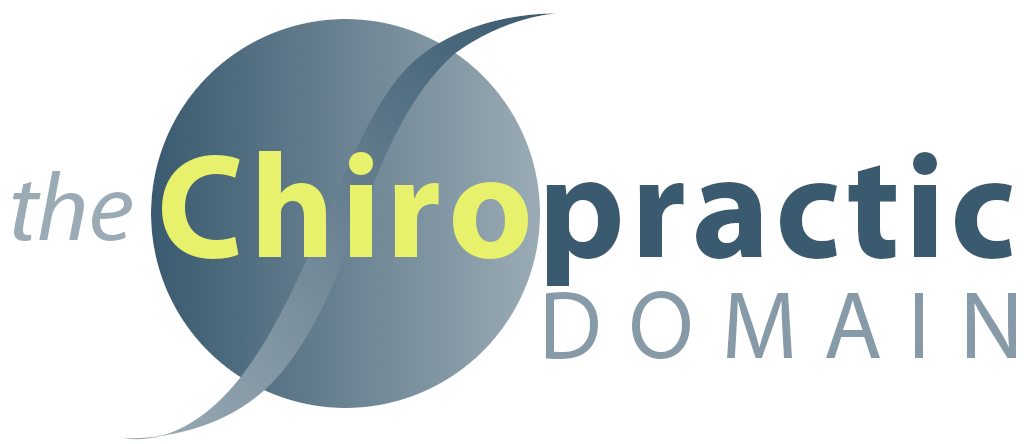Clenching, Grinding, Jaw Tension? Stress Might Be the Real Culprit!
Let’s keep talking jaws—but this time, let’s zoom in on something that’s often behind those tight, painful jaw muscles: stress.
Many people don’t realise just how much their emotional state can affect their body, especially when it comes to the jaw, neck, and shoulders. When your brain senses stress—whether it’s present stress or something you've carried from the past—it can trigger a stress response in the body. And one of the most common ways that shows up? Jaw clenching.
Stress Doesn't Sleep...and Neither Does Your Jaw
This clenching and tension isn’t just a daytime thing. Many people are grinding or clenching in their sleep, without even realising it. Over time, this constant pressure can lead to:
Jaw pain or dysfunction
Neck and shoulder tightness
Headaches
And even tooth damage, which dentists often pick up on during routine checks.
If you’ve been recommended a splint, that’s a helpful tool—but as chiropractors, we like to ask the deeper question: What’s driving this stress response in the first place?
The Mind-Body Connection: More Than You Might Think
Your brain and upper spine (cervical spine)play a huge role in regulating how your jaw functions. The muscles of mastication (fancy term for jaw muscles) are influenced by your posture, your nervous system, and even emotional tension stored in the body.
It’s not uncommon for people to feel a release of built-up physical or emotional stress when we begin working through this area.
A Whole-Person Approach
When someone comes to us with jaw issues, we don’t just focus on the jaw. We assess:
Upper neck and spine alignment
Muscle tension patterns
Posture
And how the nervous system is responding to stress
From there, we work with you to develop a plan that improves overall function—not just patching the symptoms.
If you’re dealing with chronic jaw tension or grinding, let’s talk. There’s a lot we can explore together to help you find relief—and it starts with understanding your body’s response to stress.
